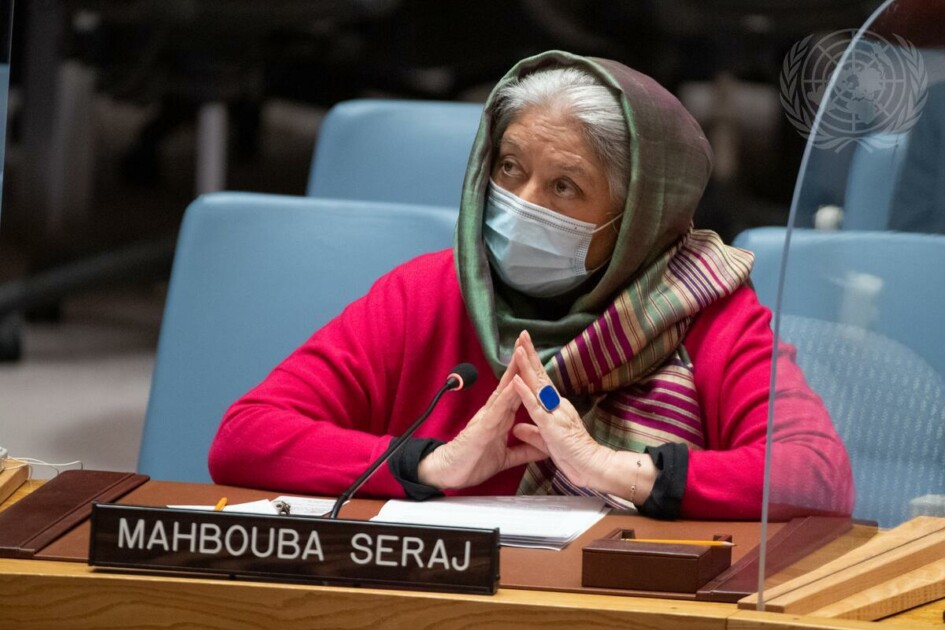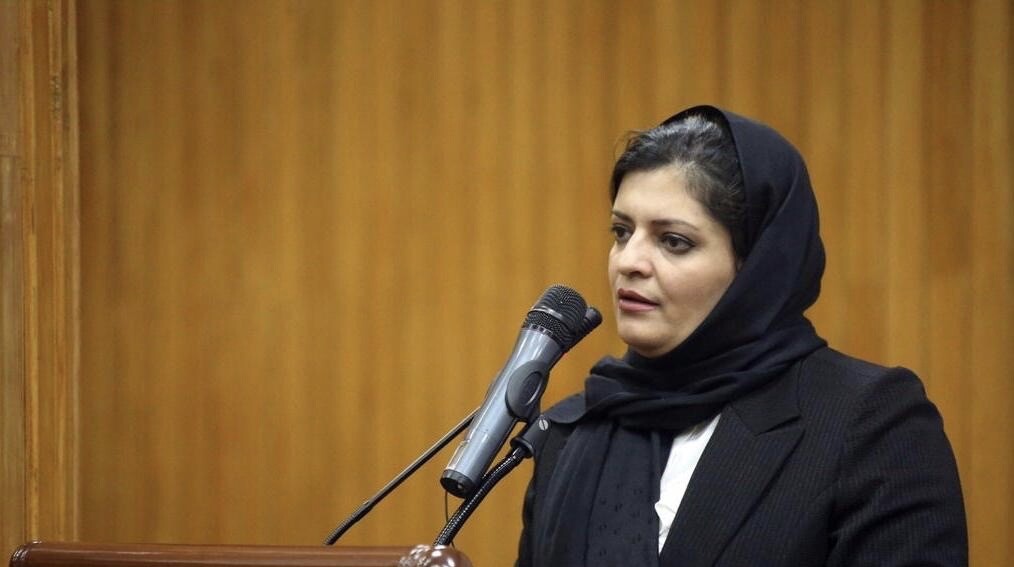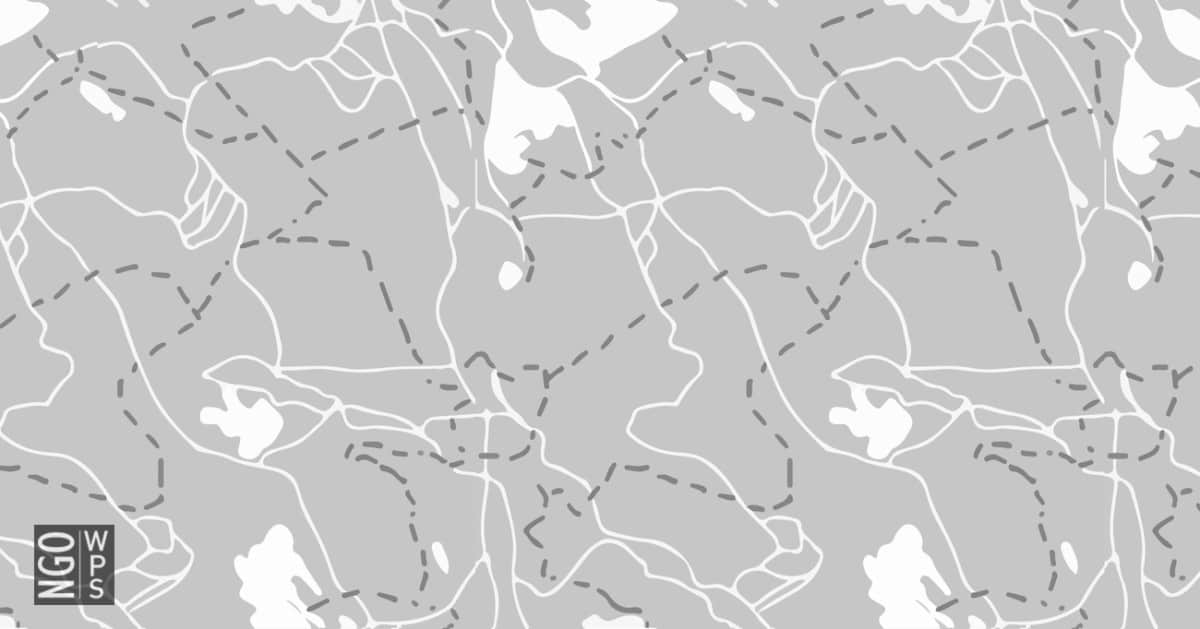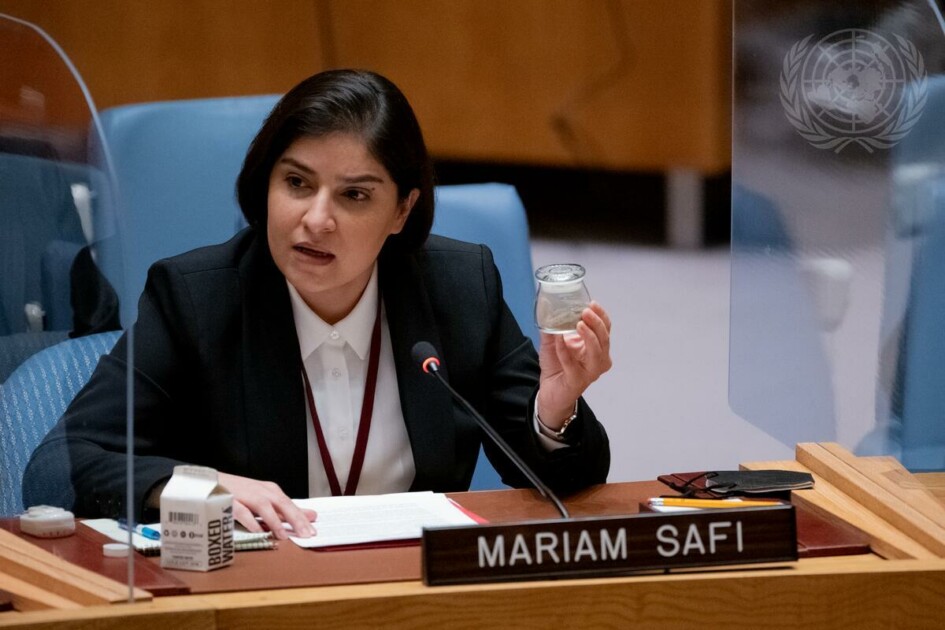Afghanistan
Afghanistan
Afghanistan has been engulfed in violent armed conflict since the fall of the Taliban regime in 2001, and efforts to build sustainable peace while preventing the re-establishment of extremist rule depend on the inclusion of women.
Living in the most dangerous place in the world to be a woman, as the Thomas Reuters Foundation revealed in 2011, Afghani women have emerged as leaders in the peace process— advocating constantly for more inclusive government, and inspiring marginalized groups nationwide to demand a place in the political system. Despite the important role that Afghani women play in bringing about social change in Afghanistan, many barriers to their involvement still exist.
Based on the work of NGOWG members and their partners, the NGOWG advocates for eliminating these barriers by encouraging UNAMA to support the Afghan government in fully implementing the National Action Plan on Women, Peace and Security (NAP), and ensuring women’s full and equal participation in regularly held elections.
Current and Past Recommendations to the UN Security Council (Monthly Action Points)
Women and girls in Afghanistan continue to face a situation in which their access to education and employment remains in flux – while some women have been able to return to work, including humanitarian staff, most girls are still banned from attending school. The humanitarian crisis is dire with nearly all Afghans are at risk of sinking below the poverty line over the next six months. Human rights defenders are reporting that they continue to live in a climate of fear, often receiving gendered threats. Victims of gender-based violence have lost a lifeline as many shelters and other services have been forced to shut down, and legal protection mechanisms eliminated. Women’s rights must be at the center of the Security Council’s decision-making on Afghanistan. Based on internal analysis, only 6-8% of identified women leaders, politicians, journalists, human rights defenders, activists, and female judges have been evacuated, leaving several thousand at continued risk. The recent killing of Frozan Safi, an activist, underscores this risk. Member States must mobilize all available resources to directly support the urgent evacuation of Afghans who are at heightened risk of persecution, including gender persecution, from the Taliban forces and violence from other armed non-state groups and wish to leave the country. This includes women journalists, judges, human rights defenders, peacebuilders, civil society leaders, police and security forces, members of parliament, and gender-based violence survivors, paying particular attention to individuals facing intersecting forms of discrimination based on sexual orientation and gender identity, ethnicity, and disability. Member States should prioritize the approval of visas to women at risk and their extended family members, remove all bureaucratic impediments to ensure safe passage to points of departure and final destinations, and provide relocation assistance. Moreover, the Council and Member States should support protection for women and girls remaining in the country through funding shelters and safe houses, and should ensure that Afghans, including women, who wish to return to Afghanistan, can do so safely if and when they wish to do so, and are protected from repercussions upon return. Further, the Security Council should:
- Call for an immediate, permanent, and comprehensive cessation of violence by all actors as well as for an inclusive, negotiated political process leading to an inclusive transitional and legitimate government that prioritizes the full, equal, and meaningful participation and the rights of diverse women, from across the country at all stages of political decision-making.
- Call for all parties, including Taliban and other armed groups, immediately end the continued targeting, threats, and killing in accordance with international human rights and humanitarian law in all circumstances (S/RES/2573 (2021), S/RES/2286 (2016)), including of human rights defenders, peacebuilders, journalists, all civil society representatives, as well as individuals affiliated with the previous government, including prosecutors and judges, former military and police and other security sector, and civil servants. Further all perpetrators should be held accountable for any violations of international standards, including all forms of gender-based violence and any reprisals against women civil society leaders.
- Provide political and financial support to existing local efforts to document violations of human rights carried out by all armed groups, and to the recently appointed Special Rapporteur on Afghanistan.
- Demand the safe, full, and unfettered access of all humanitarian actors, including all women humanitarian workers, to affected communities in a manner that upholds core humanitarian principles and standards and ensures access to those most marginalized and hardest to reach, as per resolutions 1265 (1999), 1296 (2000), 1502 (2003), 1674 (2006), 1894 (2009), 2175 (2014) and 2286 (2016).
- Call upon all parties to ensure humanitarian funding is accessible through a functioning banking system, provided directly to all principal actors operating in Afghanistan, including local women’s organizations and civil society in a flexible manner. As the winter season in Afghanistan is approaching, this is particularly important and urgent.
Relevant Resources









